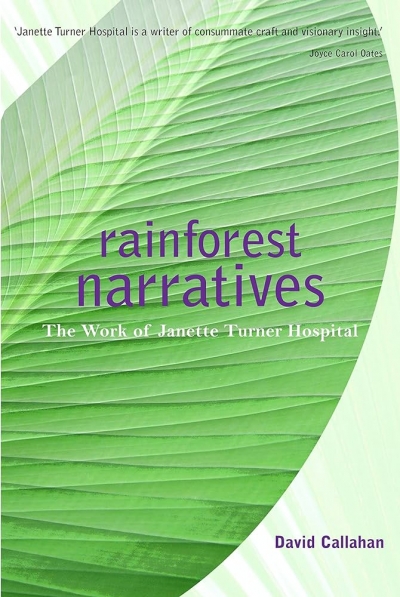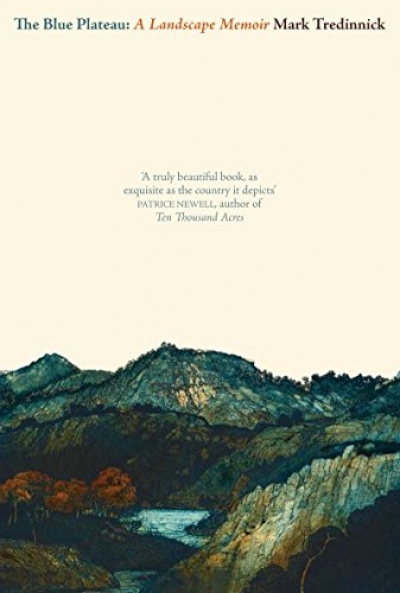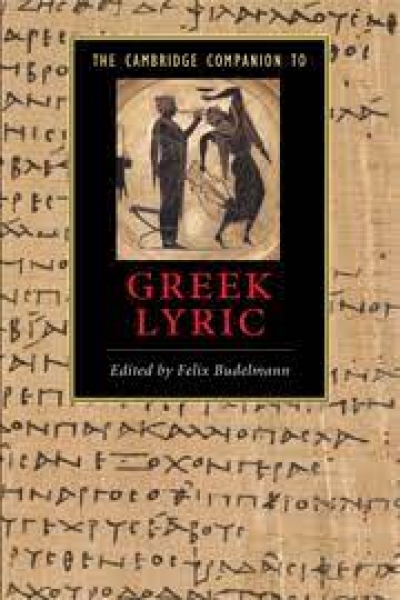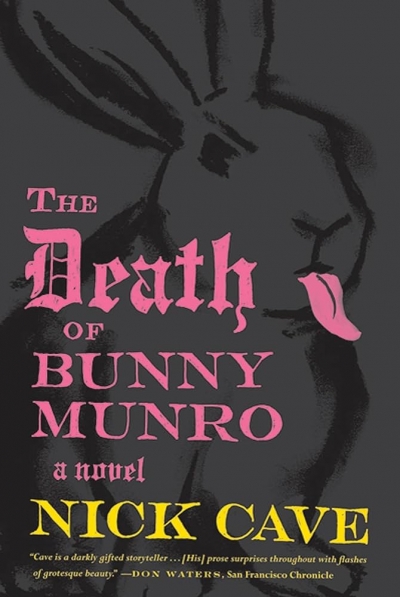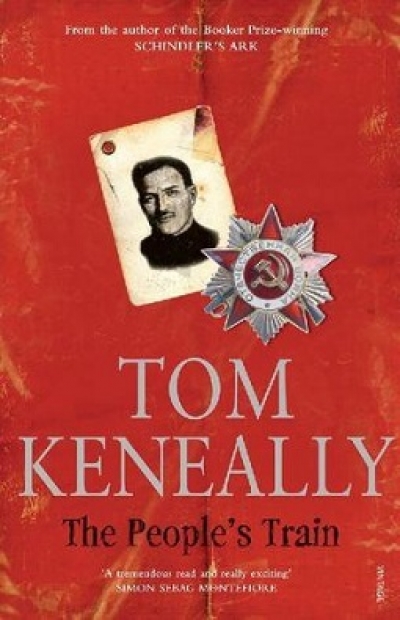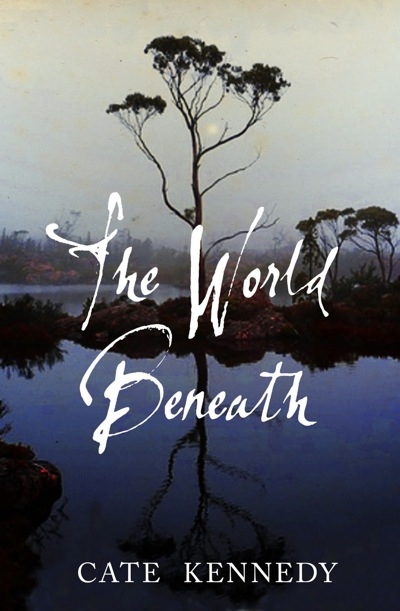Of all art forms, photography has probably had the most contentious and complex reception. Graduating from the ‘bastard child left on the doorstep of art’ in the 1840s to the darling of the art world for some 170 years, the critical understanding of this quintessentially modern medium is in a constant state of flux.
These thoughts occurred to me as I read this lavishly produced hardcover book. Indeed, as the rather prosaic title, states, this is photography that self-confidently declares itself as art. Blair French, who co-authored Twelve Australian Photo Artists with Daniel Palmer, brings one of the touchiest aspects of the medium to the fore when commenting on the work of Pat Brassington: ‘the relationship between photography and the world may appear transparent, but photography is in fact an opaque medium with its own material qualities ... it is an act of fabrication and construction.’ This is the sticking point that still brings the medium into contention: photography as a reflection of the world or as a construction. Or, to use a more crude conjunction, document verses art.
...
(read more)

